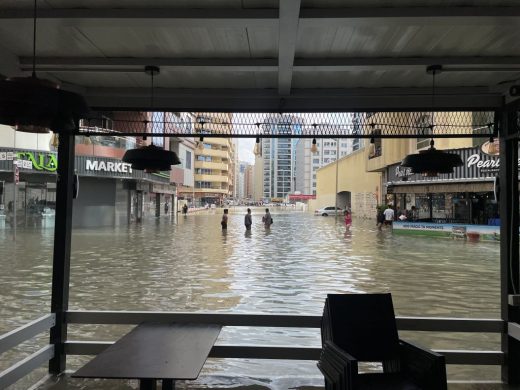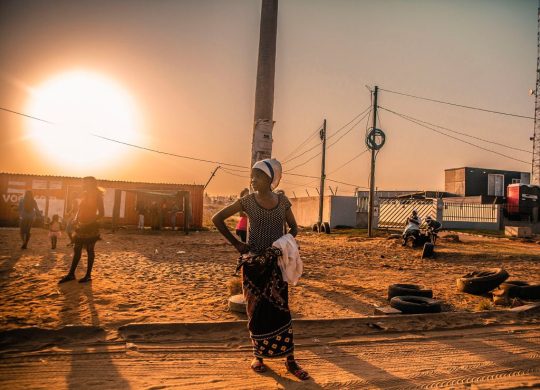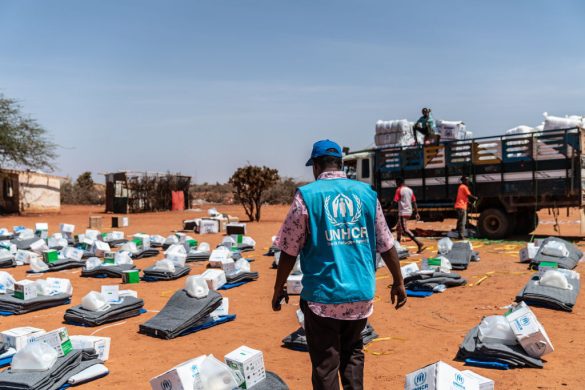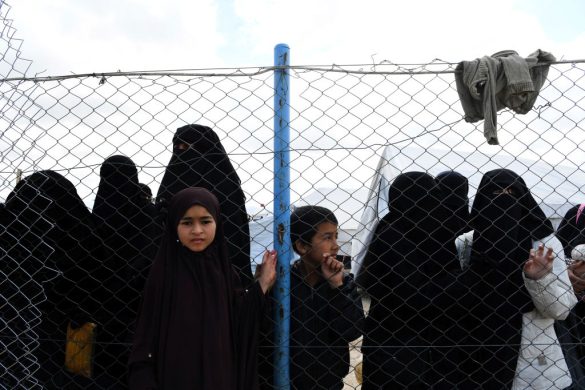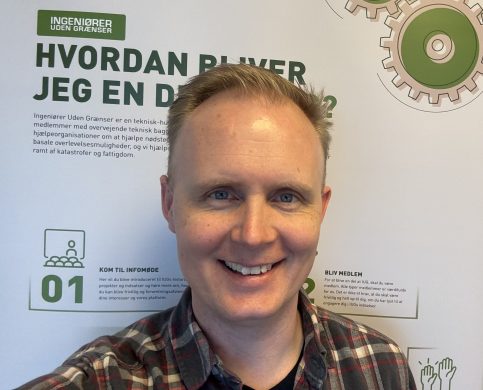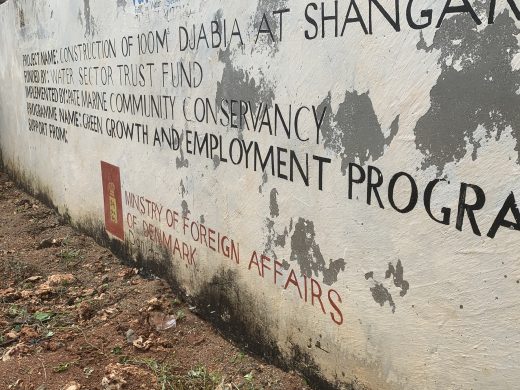Selv om russerne har været modstridige er der fremgang at spore i forhold til en fair og ligelig fordeling af ansvar og forpligtelser samt rapportering om udledninger af drivhusgasser, skriver miljøtænketank efter verdens klimaforhandlere har været samlet i Bonn.
Much like recent extreme weather events in Europe and the United States, this month’s intersessional in Bonn, Germany could be described as volatile. But despite some “stormy” discussions, rays of light could still be seen in some areas, writes World Resources Institute Friday.
The low point that seems to be generating the most attention is Russia preventing a key UNFCCC working body from making any progress.
Russia, along with Ukraine and Belarus, blocked the Subsidiary Body on Implementation (SBI), which works on both substantive and administrative implementation issues, from moving forward on its agenda.
Russia appeared to still be upset about the process during a last-minute decision at COP 18 in Doha, when the rules for the next commitment period of the Kyoto Protocol were quickly gaveled through over their objection.
Refusing to let the body take up its work unless it included an agenda item on procedural issues for the climate talks as a whole, Russia rejected numerous attempts at compromise.
The blockage in the SBI discussions created noticeable ripples of nervousness throughout the negotiating hall. But in spite of the intermittent gloominess, there were also clear rays of light.
What emerged most palpably was an insistence by nearly all the countries here that these kinds of tangles must be avoided, and that they are committed to moving forward on the key issues facing the UNFCCC negotiations and, not incidentally, the world.
2 Signs of Progress from the Bonn Climate Talks
Perhaps negotiators were spurred on by the release of an International Energy Agency (IEA) report this week showing that, despite some slowing in the rate of increase in greenhouse gas emissions, the world is on track for a temperature increase of up to 5 degrees Celsius over pre-industrial levels. (For those who use Fahrenheit, that’s a rather disturbing 9 degrees). The IEA also laid out key actions that should be taken before 2020 to get on a path keeping temperature increase below 2 degrees Celsius.
Despite the Russia kerfuffle, negotiators made demonstrable progress. Discussions to advance plans for the overarching 2015 international climate action agreement moved forward on key fronts. Here are a couple of highlights:
1) Equity:
Building on the last intersessional in Bonn just over a month ago, many governments continued to express an interest in exploring ways to address equity in the negotiations. The issue of equity has become increasingly important to unlocking progress in the UN negotiations, in large part because the 2015 agreement will apply to all countries—not just developed or developing nations.
The Least Developed Countries Group spoke in favor of the development of an “equity reference framework” that could be used to review countries’ proposed mitigation targets and climate finance commitments. The European Union took a more cautious view, but also supported the idea that equity should be addressed.
EU negotiators suggested that when countries submit pledges, they should include information on how equity was factored in and that equity indicators might be used in assessing countries’ proposals.
These examples show that interest in tackling equity issues is clearly high. However, much remains to be done to clarify what kinds of criteria should be used in assessing equity, who should develop those criteria, and what kind of equity review would be conducted–as well as how this all connects to the broader negotiating processes and timelines.
2) Greenhouse Gas Accounting:
Negotiators also made progress on developing greenhouse gas accounting rules for developed countries. Negotiators agreed on the coverage of sectors and gases, as well as on the measurement of global warming potential for different gases.
The most sensitive issues—such as accounting for credits generated by carbon market mechanisms and land use change and forestry (LULUCF)—require further consideration. But the encouraging sign is that there is clear recognition that these issues must be tackled in order to allow countries’ mitigation efforts to be compared effectively.
Unfortunately, there has not been comparable progress on the development of procedures for the verification of developing countries’ biennial update reports, and guidance for their domestic MRV systems.
This is mainly due to concerns about these nations’ capacity to meet the requirements for those reports. However, the importance of those issues is squarely on negotiators’ agendas.
Læs mere her: http://insights.wri.org/news/2013/06/signs-trouble-and-progress-bonn-climate-talks-wrap
Begynd ved: “Moving toward COP 19…”





